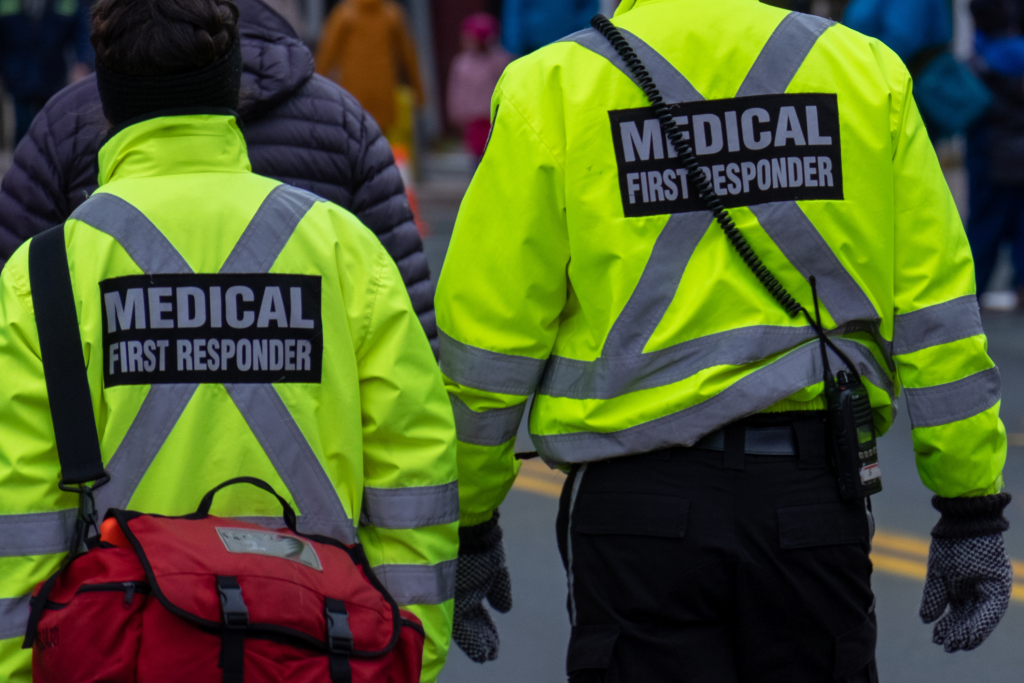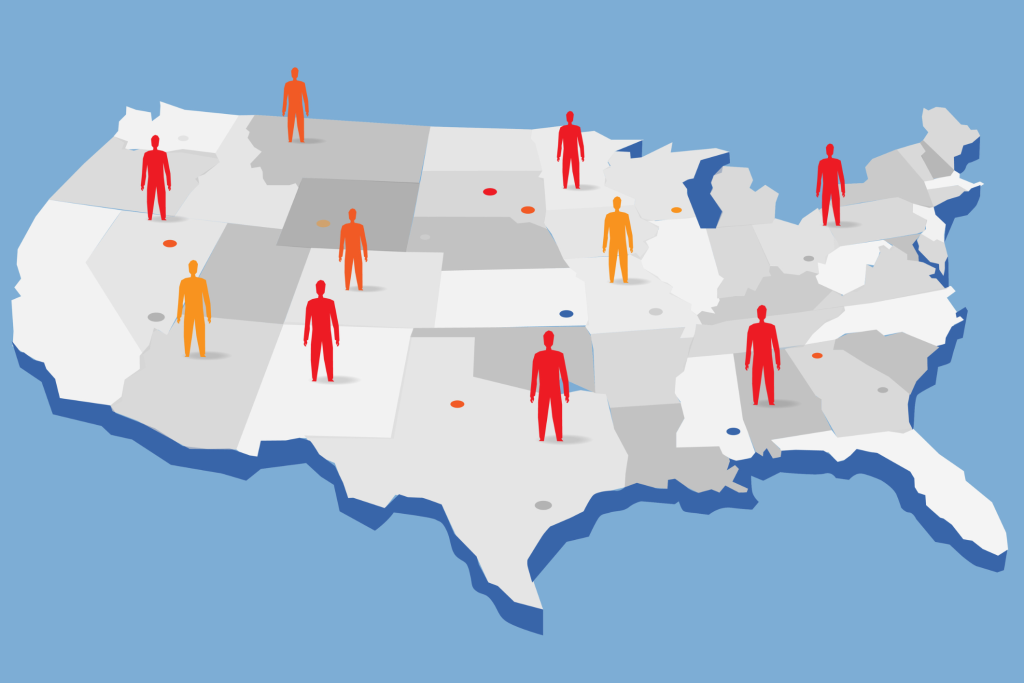Our Work
Publications
Use the filters below to view our work by our various research areas.
February 2026
Created by the New Jersey Office of Attorney General (NJOAG), the ARRIVE Together program (Alternative Responses to Reduce Instances of Violence and Escalation) seeks to make emergency responses safer for people in mental health crisis. It does so through an expansive set of responses that prioritize medical support. According to NJOAG, the program is the […]
February 2026
The last thirty years have seen a revolution in the role of computing technology generally, and internet access specifically, in the basic patterns of American social, economic, and civic life. Yet in state prisons across the country, there has been little movement toward developing comprehensive, forward-looking policies regulating their use in incarceration. Whether it’s a […]
February 2026
Bloustein Local completes comprehensive 26-article series helping New Jersey municipal leaders navigate technology decisions. After three years and 26 articles, Marc Pfeiffer, Associate Director and Senior Policy Fellow at Bloustein Local, has completed his “Tech Updates” series for New Jersey Municipalities magazine—a comprehensive guide designed to help local elected officials and administrators make sound technology […]
January 2026
Imagine a police department that can anticipate where crime will strike tomorrow, next week, or next month—and position officers there before it happens. This isn’t science fiction. It’s the promise of predictive policing, a data-driven approach that uses algorithms to forecast crime patterns and inform deployment decisions. The promise is compelling: smarter policing, fewer victims, […]
January 2026
In collaboration with the New Jersey State Policy Lab, the John J. Heldrich Center for Workforce Development will conduct a study to understand how New Jersey’s public AI initiatives can better meet the needs of the state’s small businesses, particularly minority- and women-owned firms, as they increasingly engage with and deploy AI. Through a series […]
December 2025
According to the New Jersey Office of the Attorney General, “two out of every three uses of force by law enforcement involve a civilian suffering from mental illness or who is under the influence. Over half of all fatal police encounters occur in similar circumstances.” These figures suggest that police need professional support to better […]
November 2025
The New Jersey State government proactively advances equity through its Office of Equity in the Office of the Governor, and through budget initiatives such as the “Cover all Kids” program ensuring that the state’s children receive access to quality health care coverage. However, the state’s executive branch departments are not required to specifically account for […]
November 2025
Digital/Tech • Economics • Education • Environment • Health • Housing • Public Administration • Transportation • Women, Children, & Families
As New Jersey prepares to elect our next governor tomorrow, November 4th, the months ahead offer a pivotal opportunity to chart a path toward a more innovative and resilient state. To help inform this transition, the New Jersey State Policy Lab invited affiliated faculty and staff to identify the most pressing priorities for the next […]
October 2025
We continue to showcase preliminary findings from our survey of New Jersey residents on their support for sentencing reform in four key areas. The second area concerns public support for establishing rehabilitative release programs that allow incarcerated persons who have reached a certain age and served a specified portion of their sentence to petition a […]
September 2025
Over our next five blog posts, we will highlight selected preliminary findings from our work surveying members of the New Jersey public on their support across different areas of sentencing reform in the state. The first area concerns the public’s support for the creation of a new mitigating sentencing factor for defendants who are survivors […]
August 2025
Our research looks to assess if and to what extent New Jerseyans support four areas of sentencing reform in the state. To examine this research question, we employ a particular type of methodology, an experimental online survey, to assess the attitudes of a sample of the public from New Jersey. This means that the participants […]
July 2025
The Scientists in State Politics Database is a detailed, publicly accessible inventory of state legislators across the United States with educational or professional backgrounds in science, engineering, or healthcare, hosted by the Eagleton Institute of Politics with support from the New Jersey State Policy Lab. The database helps users identify these legislators, explore their areas […]












